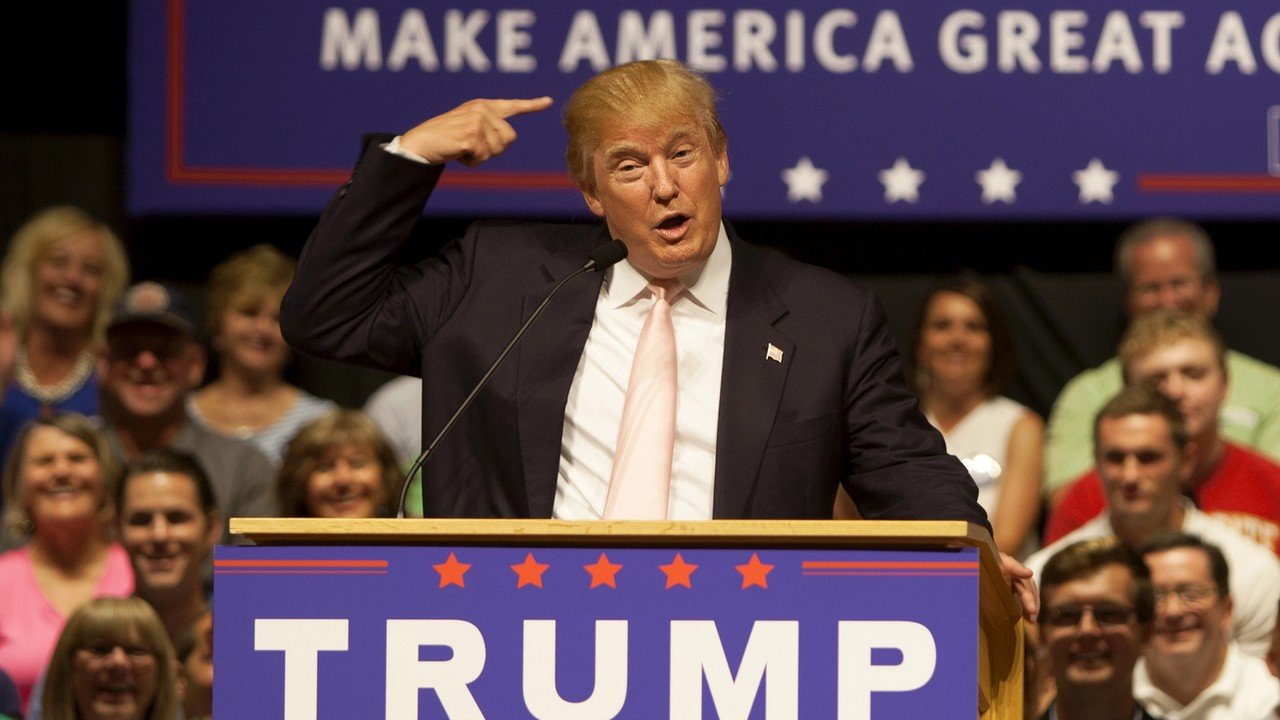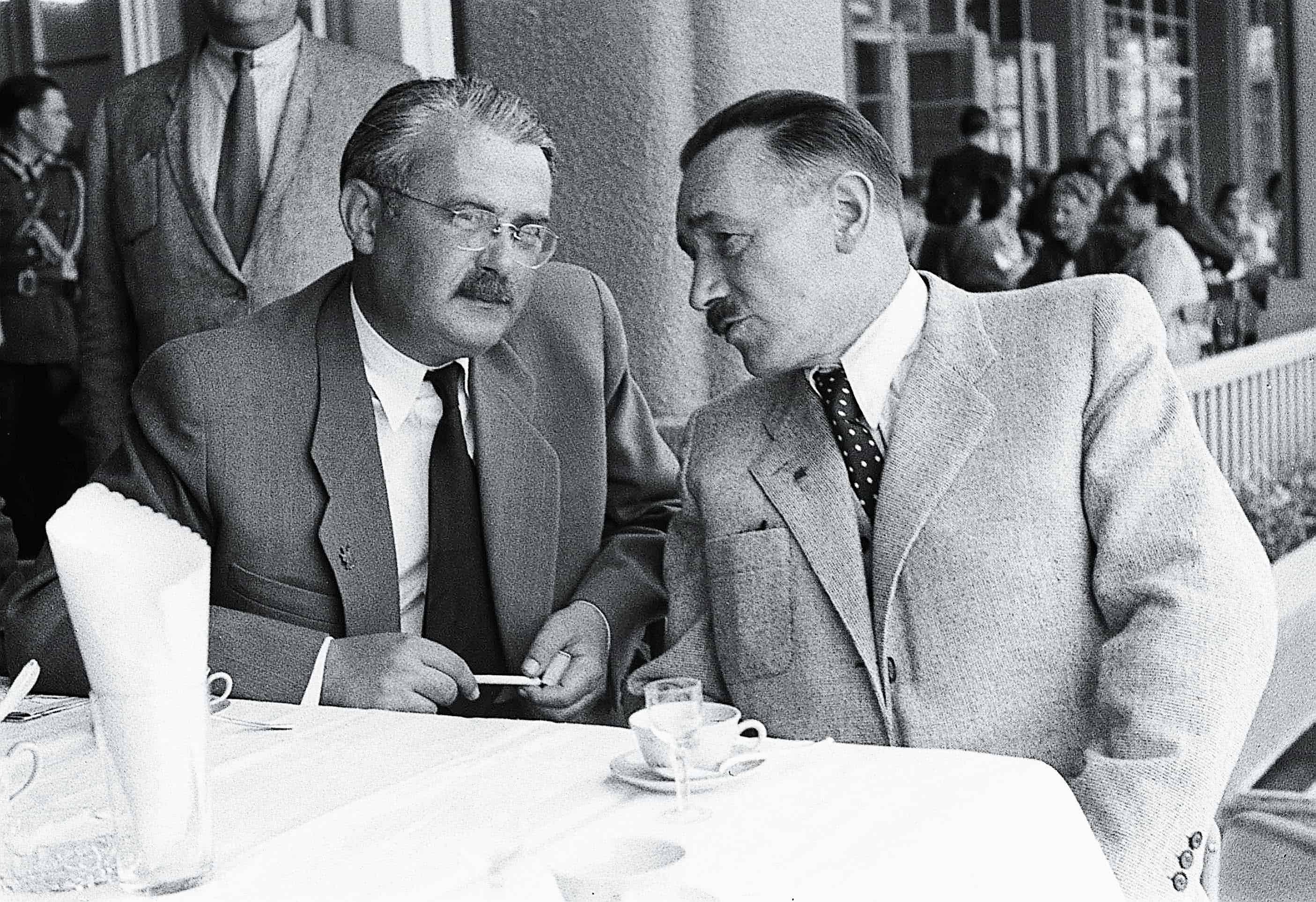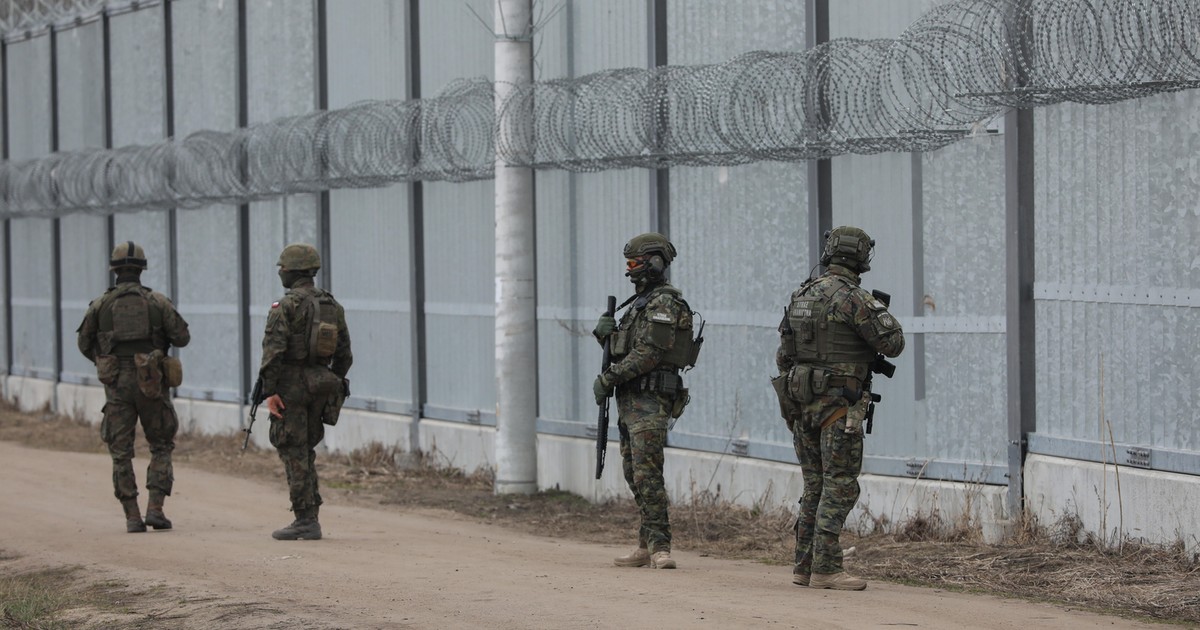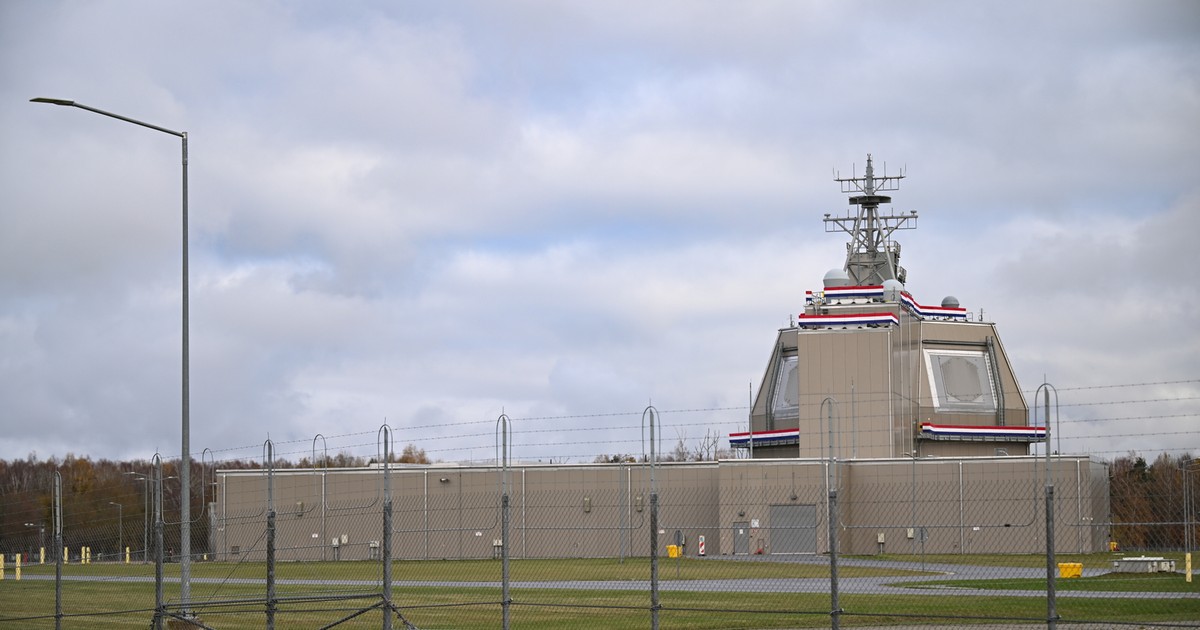
Delta Air Lines (DL) and United Airlines (UA), two of the largest US carriers, are facing potential challenges to their premium inflight service due to the Trump administration’s proposed tariffs. A signature luxury French Champagne served on long-haul business class flights could soon disappear from cabin menus.
The new tariff proposals threaten imports of European goods, including French wines, directly impacting offerings on routes departing from key US hubs like New York (JFK) and Chicago (ORD), where premium international traffic remains strong.
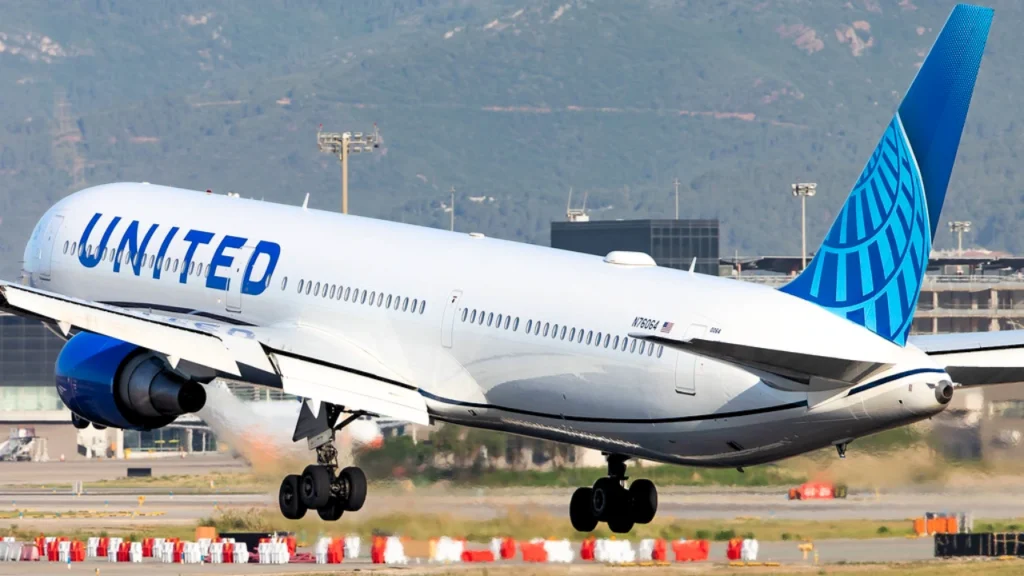 Photo: Clément Alloing
Photo: Clément AlloingTrump Tariffs Impacts United and Delta
Delta Air Lines (DL) and United Airlines (UA) have invested heavily in their premium cabins to attract high-spending international travelers, particularly on long-haul routes from hubs like Los Angeles (LAX) and Newark (EWR).
In February 2025, Delta introduced Taittinger Brut Reserve in its Delta One cabin, while United added Laurent-Perrier La Cuvée to Polaris Business Class in January, PYOK reported.
These Champagnes, sourced from France’s Champagne region, signal luxury and compete with offerings from carriers like Emirates (EK) and Singapore Airlines (SQ).
However, the Trump administration’s proposed tariffs, initially set at 20% on European goods before a 90-day pause, threaten these enhancements.
Even a reduced 10% tariff could increase costs significantly, challenging the financial logic of serving premium brands.
Delta and United likely secured favorable deals with Champagne houses, leveraging the exposure to affluent passengers.
A tariff-driven price hike risks unraveling these partnerships, as airlines may struggle to absorb added costs amid economic uncertainty.
The tariffs align with a broader push to favor US products, potentially pressuring airlines to switch to domestic sparkling wines from regions like California’s Napa Valley.
While brands like Schramsberg or Domaine Carneros offer quality, they lack the global cachet of Taittinger or Laurent-Perrier, which could dilute the premium experience for passengers expecting European sophistication at 35,000 feet.
 Photo: Clément Alloing
Photo: Clément AlloingCost-Cutting
Delta Air Lines has already signaled internal cost-cutting measures due to a softening in domestic travel demand.
International premium travel remains comparatively stable, but economic uncertainty, inflation, and changing traveler patterns continue to influence booking behaviors.
United Airlines is expected to release its Q1 financial results soon, which will provide more insight into how these macroeconomic trends are impacting revenue, particularly in its high-margin Polaris business-class product.
A broader concern for the aviation sector is the drop in inbound international traffic. According to recent data reported by the Financial Times, the number of visitors to the U.S. from Western Europe declined 17% in March 2025 compared to the previous year.
Global inbound travel to the U.S. also fell 12% during the same period. This raises alarms about the effectiveness of high-end offerings when overall demand is weakening.
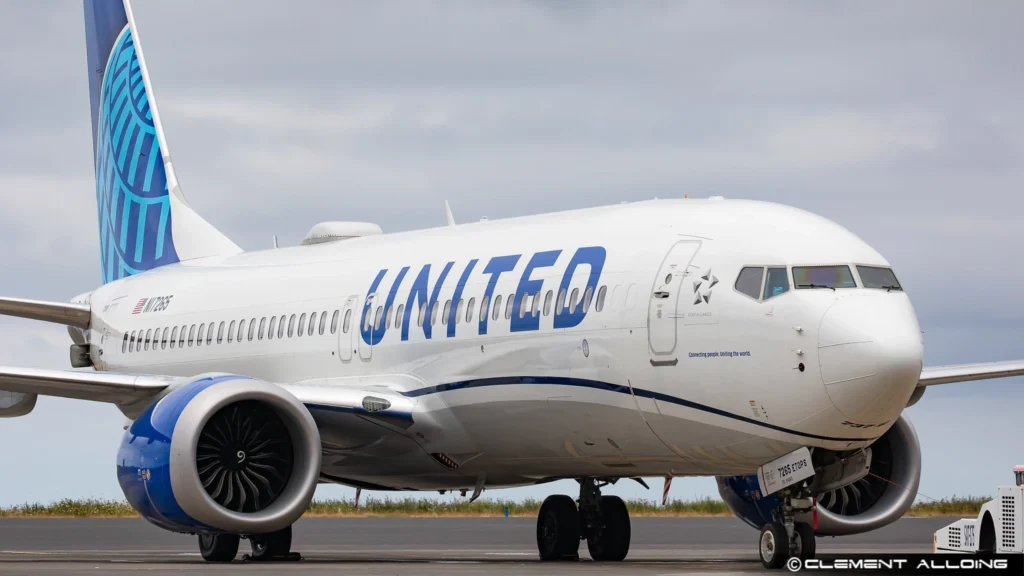 Photo: Clément Alloing
Photo: Clément AlloingPolicy Impacts
The Trump administration’s tariff policy, which aims to favor domestic production, may unintentionally limit U.S. airlines’ competitive positioning on international routes.
Premium cabin passengers, often frequent flyers, corporate travelers, or international tourists, choose airlines not just for convenience but also for service quality, which includes inflight food and beverage offerings.
By removing prestigious French Champagnes from onboard service, US carriers risk losing a differentiating feature that sets them apart in a global market where Middle Eastern and Asian carriers offer unparalleled luxury.
In this context, the tariff’s impact goes beyond economics, it alters brand perception, especially for travelers accustomed to high standards.
Without these signature touches, carriers like Delta and United may find it harder to justify premium fares on routes where passenger loyalty is earned through consistent excellence.
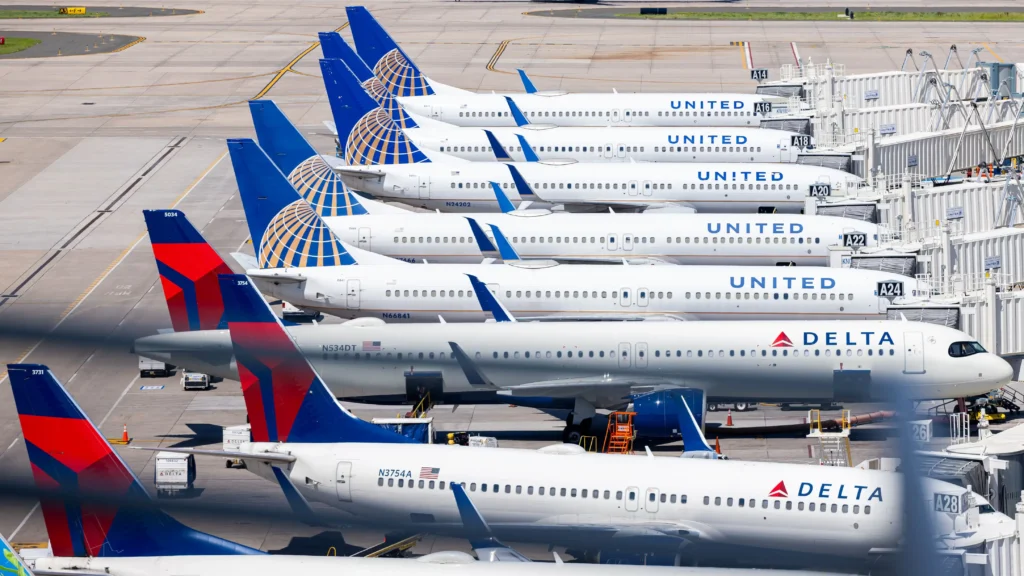 Photo: Denver Airport
Photo: Denver AirportIndustry Outlook
The coming months will be critical as airlines assess how to balance luxury and profitability. If tariffs proceed as outlined, cost-effective alternatives will be required, and strategic decisions about inflight service tiers must be made.
While the use of California sparkling wines may meet regulatory and financial goals, it remains uncertain whether this will satisfy discerning premium travelers used to Europe’s finest labels.
United Airlines and Delta are left with a strategic choice- absorb the cost increases or redefine luxury for the post tariffs era.
Stay tuned with us. Further, follow us on social media for the latest updates.
Join us on Telegram Group for the Latest Aviation Updates. Subsequently, follow us on Google News
United Flight Attendant Allowed to Drink While on Duty
The post Delta and United May Stop Serving Champagne Due to Trump Tariffs appeared first on Aviation A2Z.






